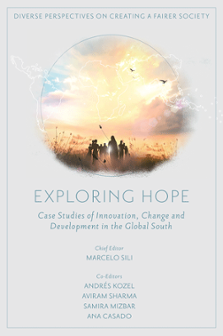Palm oil is considered a key commodity in supporting the Indonesian economy, generating both domestic revenue and foreign exchange. Such revenue needs to be distributed equally for the benefit of the government and society. This paper discusses the opportunities and challenges of the proposed revenue-sharing scheme, DBH Sawit, sourcing from palm oil, particularly between central and local governments. It examines how the proposed scheme can be implemented and what strategies can reward regions for moving toward environmental sustainability practices. Research methods used in this paper include a literature study, stakeholder interviews, the SWOT method and analytical hierarchy processes. Results indicate that DBH Sawit is one of several fiscal instruments that could potentially incentivize sustainability. It has both strengths and anticipated opportunities, such as increased CPO production and global demand for palm oil. It faces, however, serious weaknesses, such as unauthorized oil palm plantations and the absence of traceability systems. It is also threatened by unfair market and global policies. This paper recommends diverse strategies to increase palm oil productivity, accelerate sustainability certification and develop a tracing system. To accelerate the adoption of environmental sustainability, the paper advocates an ecological-based fiscal transfer system.
Download:
DOI:
https://doi.org/10.3390/land11091452
Altmetric score:
Dimensions Citation Count:

























